Mobile Data Collection Enables Completion of Baseline Acceptability Survey
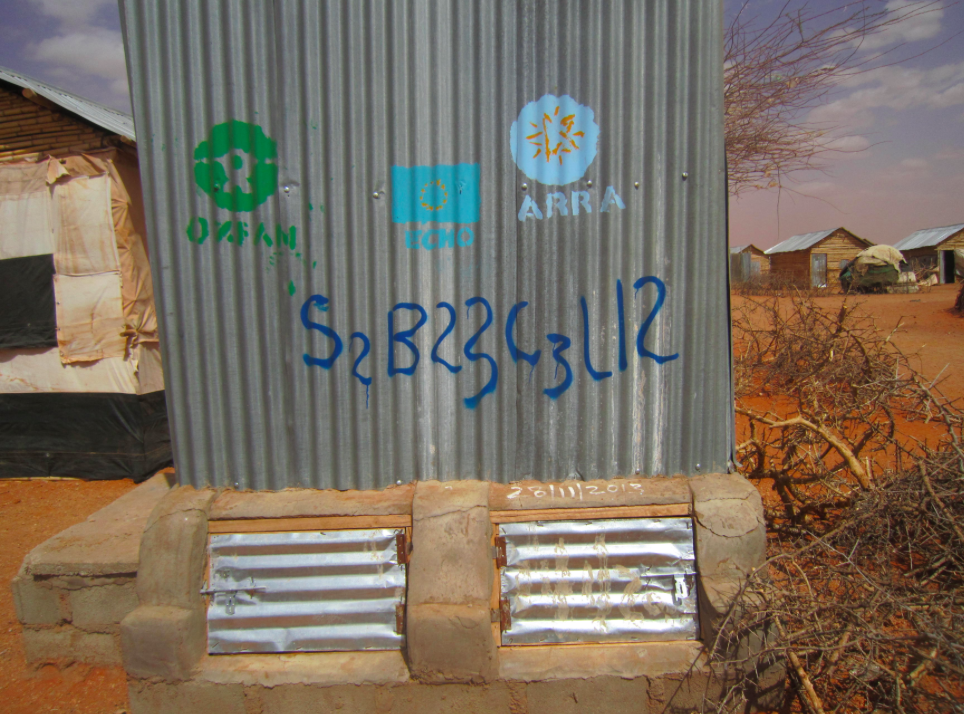
We started this project in July 2014. After significant project delays due to security concerns and access issues in Dollo Ado, we worked together with our local partners, United Nations High Commissioner for Refugees (UNHCR) and the Norwegian Refugee Council, to come up with a plan for implementing our baseline urine-diversion dry toilets (UDDTs) acceptability survey in April 2015. The UDDTs were constructed in Hiloweyn camp (in Dollo Ado) from 2012 to late 2014, with over 800 shared (2-family) and single-family units installed.
Because we couldn’t access the site directly due to security issues, we conducted survey training off-site and then provided remote daily supervision, quality control and initial statistical analysis on a daily basis during the survey by using electronic data collection on mobile devices. Trained interviewers from the local refugee population entered data using the open data kit (ODK) software application on encrypted Android devices (Samsung Galaxy Tab S). UNHCR in Dollo Ado transferred the data daily via secure connection from UNHCR to the CDC network in Atlanta.
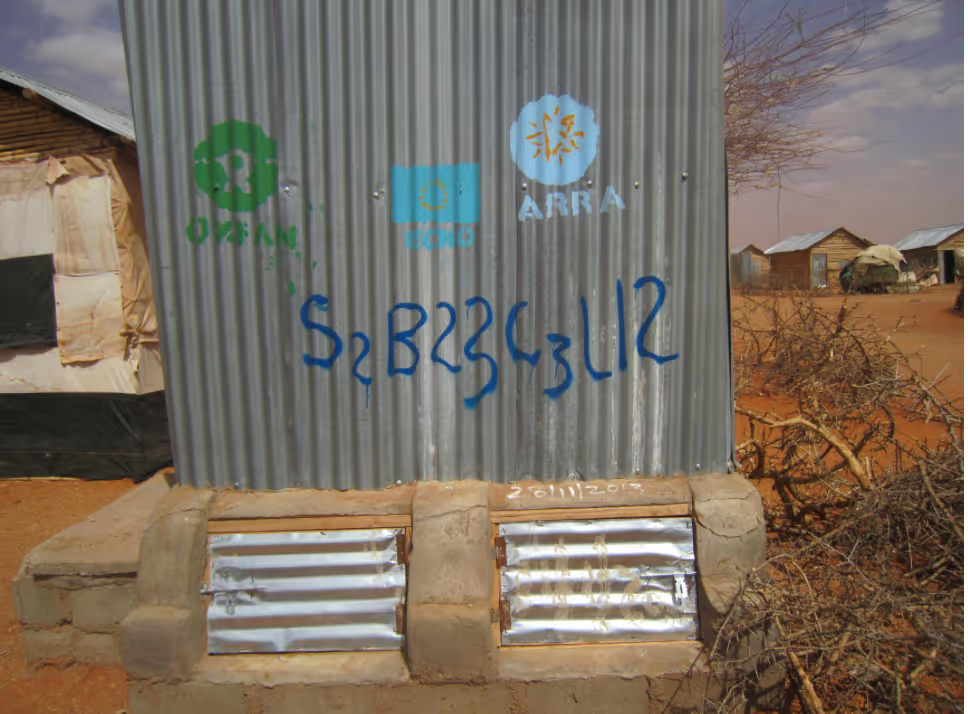
The objectives of this survey were to:
- Determine if UDDTS are consistently and correctly used and by whom
- Determine if attitudes and preferences of UDDTs are more positive than for other forms of sanitation available (i.e. pit latrines) among users of single-family UDDTs, shared-family UDDTs and non-users
- Determine the attitudes of treated waste reuse potential among users of single-family UDDTs, shared-family UDDTs and non-users
- Determine the factors contributing to satisfaction with sanitation system among users and non-users.
We used updated lists of UDDT users and latrine users in Hiloweyn camp to draw a random sample of households for the survey. The questionnaire collected information on household demographics, sanitation knowledge and practices (past and present), sanitation preference, satisfaction as well as attitudes. Based on the current primary sanitation type specified (i.e. latrine or UDDT), respondents were asked a series of sanitation type-specific questions. For UDDT users, observations of the toilets were recorded by the enumerators to verify recent use, correct use and/or disuse and usability (i.e. cleanliness, functionality). Finally, attitudes towards potential reuse of treated waste for agricultural applications were measured among all households. No personally-identifiable information (PII) was collected.
We were able to survey 390 households in total, 285 (73%) of which were UDDT users. The survey provided valuable insight into the current acceptability and usability of the UDDTs in the camp, most of which have been in use for over one year. Ongoing monitoring activities will allow analysis of use trends over time, as well as usability conditions. An endline survey is tentatively planned for April 2016, at which point our findings from the baseline survey can be further tested. Finally, the baseline survey provided an opportunity for the Dollo Ado team to implement measures to address identified issues; some of which may increase satisfaction level among UDDT users in the near term.
While we hope to provide on-site supervision during the second survey, in this case, we were able to successfully complete this first survey through the use of electronic data collection and remote supervision. The ability to rapidly analyze initial statistics and conduct quality control, through inclusion of metadata collection in the survey tool such as duration of survey, were invaluable in this context. This has broad implications for data collection in humanitarian crises where access is difficult.
Stay updated
Sign up for our newsletter to receive regular updates on resources, news, and insights like this. Don’t miss out on important information that can help you stay informed and engaged.
Related articles
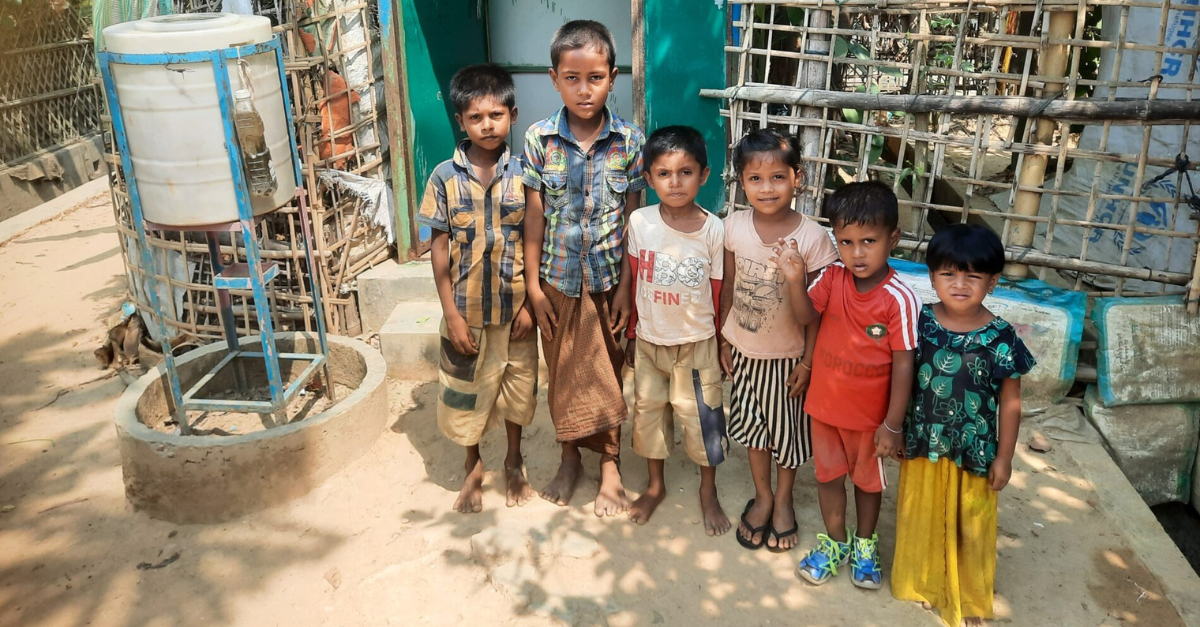
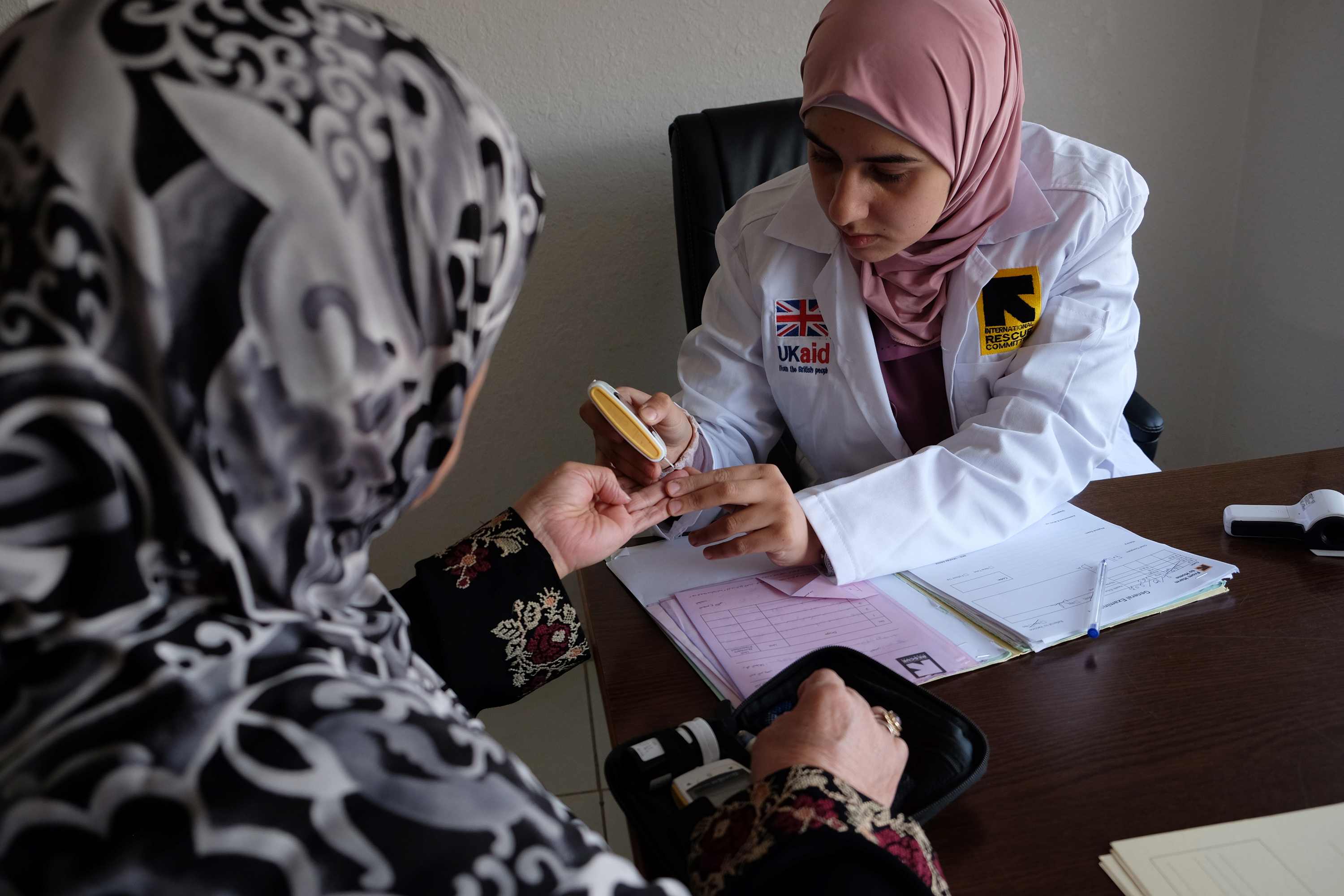
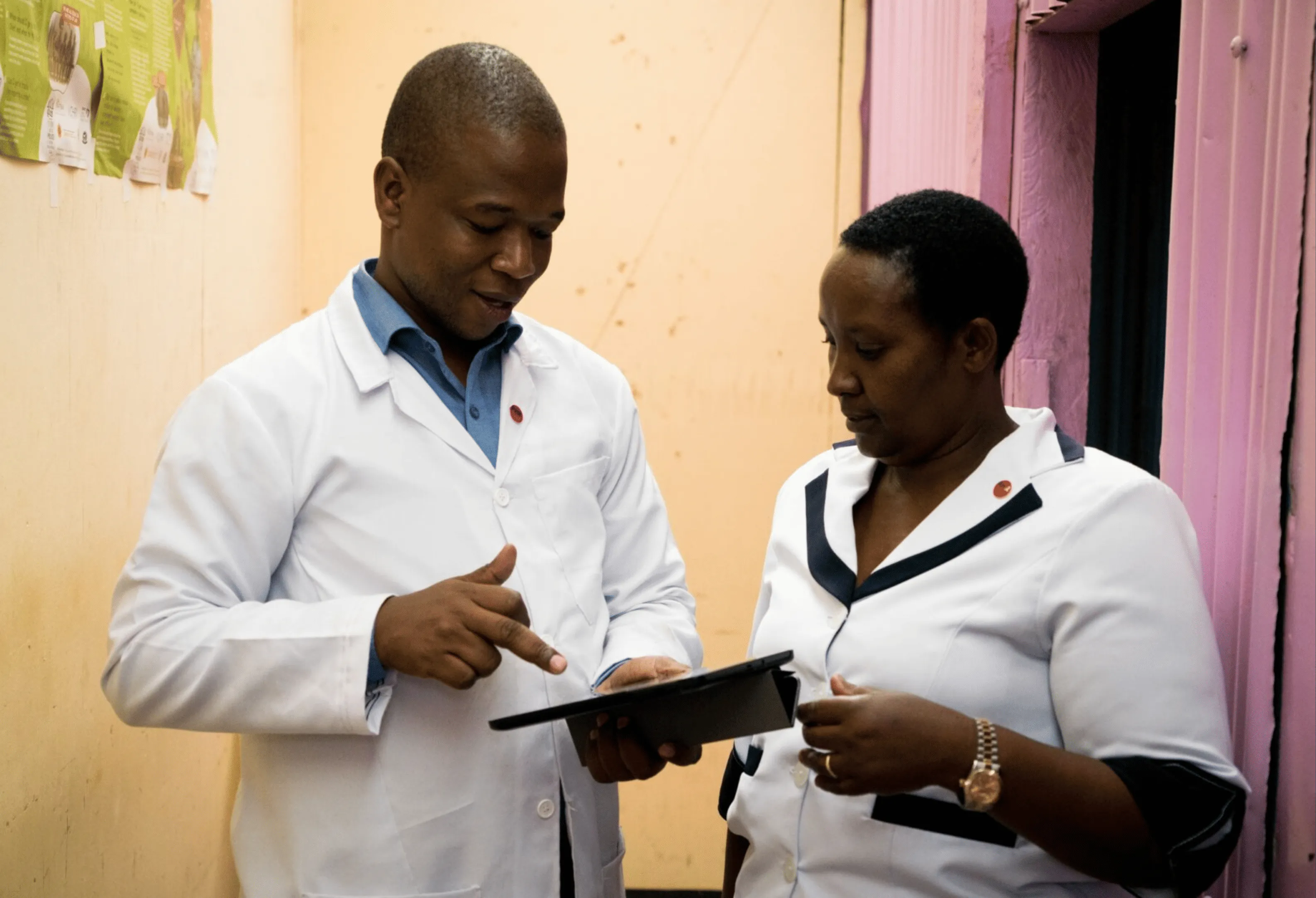
Explore Elrha
Learn more about our mission, the organisations we support, and the resources we provide to drive research and innovation in humanitarian response.